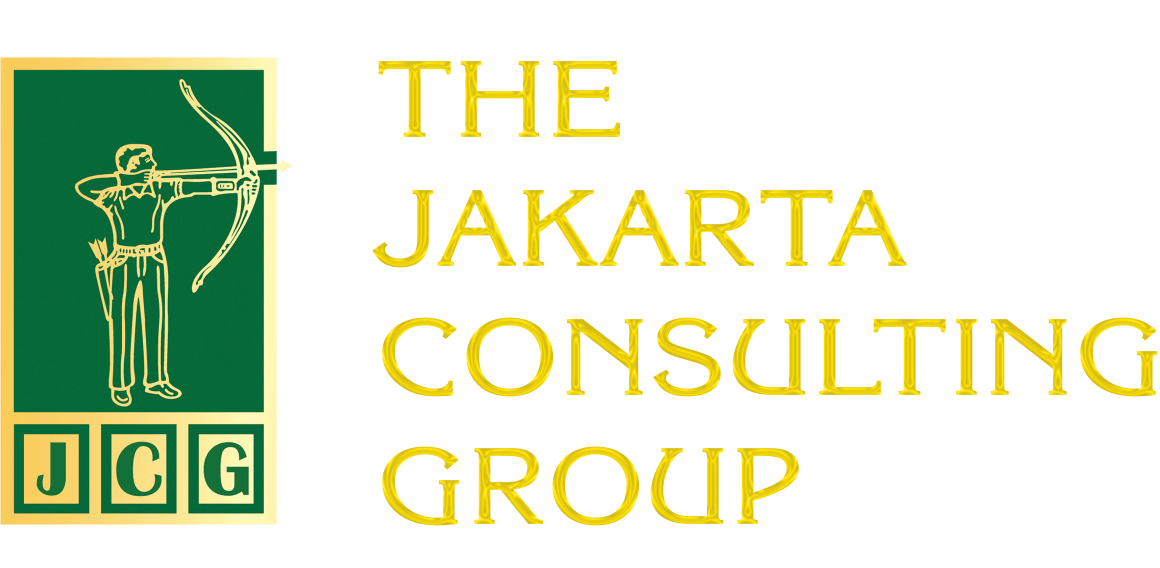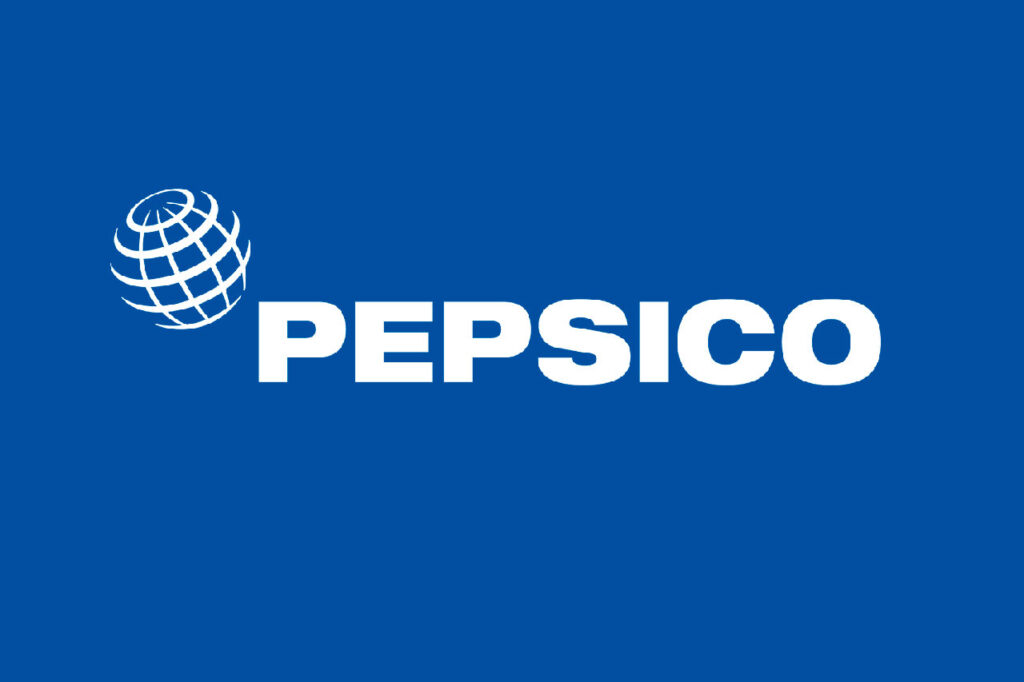Selling the Family Business : Between Financial and Emotional Considerations. Recently, PepsiCo has agreed to acquire Siete Family Foods (Siete) for USD 1.2 billion. Siete is a family business headquartered in Austin, Texas, United States (US). Siete was founded by seven members of the Garza family (Siete is Spanish for seven).
Siete originally sold almond flour tortillas to local health food stores, using a recipe developed by Veronica Garza, the company’s president and chief innovation officer and the 2023 Inc. Female Founders of the Year 2023 honoree. Over the years, the product line expanded to healthier versions of Mexican American staples, such as tortilla chips, canned beans, dips and cookies.
Selling the Family Business : Between Financial and Emotional Considerations
Muguel Garza, CEO of Siete, said in a press release, as quoted by inc.com, that this next chapter for Siete can serve as an inspiration for other Latino businesses, showing that it is possible to build a thriving brand that honors our heritage and celebrates our culture.
It is unclear whether the Garza family will continue to be involved in the management of the company. Other terms of the deal, which is expected to close in 2025, were not disclosed. A Siete spokesperson declined to comment on the family’s future plans.
Siete’s annual revenue is expected to reach US$500 million by the end of 2024, and its products can be found in 37,000 stores, including Whole Foods, Walmart, and Target. To help fund that growth, Selling a business, as the Garza family did, is common. But for family business owners, the decision to sell the family business is not an easy one.
For them, the family business is not just a source of income and livelihood, but has become part of their identity and pride. So many sacrifices and hard work have gone into raising the business over the years, even from generation to generation. In other words, for family business owners, the company has sentimental value.
Why sell?
However, sometimes the decision has to be made. There are many reasons why family business owners decide to sell their business. The most commonly heard is the financial factor. It should be noted, this does not necessarily mean that the family business is experiencing financial difficulties. It could be that the business is being sold because someone else has made a lucrative offer to buy the business.
It could also be that the family business wants to concentrate on a particular business so it decides to relinquish ownership in its old business. There are also family businesses that decide to sell their business because the products produced are in a downward cycle.
Another reason is the absence of a successor from the family. For example, because the children of the family business owner have no interest in continuing. Of course, parents cannot force them. Meanwhile, business continuity is only guaranteed if ownership and management are handed over to other parties. There is a story from Germany. Klaus Eberhardt is the founder of iterate, a technology company. Unfortunately, none of his children were interested in continuing the business. Finally, instead of selling the company to investors, he asked his employees to buy the company collectively. The Munich-based IT company is now collectively owned by a cooperative of 350 former Eberhardt employees. The company supplies software to clients such as car manufacturer BMW and Deutsche Bahn, Germany’s national railroad operator.
Family conflicts can also lead to the sale of a business. Sometimes, this step is taken as a middle ground to resolve the conflict. Presumably, for them family harmony comes first.
Be Clear and Objective
Before deciding to sell the family business, there are emotional factors to consider. First of all, of course, an in-depth discussion with all family members. All inputs must be considered because this is a super important decision. If you want to sell, it must be for a really clear and objective reason.
During the discussion, of course, there will be those who support, and those who oppose the sale. In this case, mutual agreement is absolutely necessary, although it is impossible to satisfy all parties. In the future, it is possible to maintain the legacy of the company even after the ownership has changed hands. For example, by setting up a foundation or maintaining the family brand. Family businesses can enlist the help of a third party to facilitate discussions or help resolve disputes.
The company can also choose potential buyers who can maintain family values. In the case of Siete, the unclear role of the Garza family post-acquisition by PepsiCo means that the Garza family’s identity and values have been lost.
If the family eventually decides to sell the business, it must understand the true value of the business. For this, careful financial planning and valuation must be done. In this case, the family business can enlist the help of a professional appraiser or valuation expert. Furthermore, an analysis of cash flow, liabilities, assets, capital, profit and loss, and market trends is conducted.
Like any other business, family businesses are known for their distinctive features. These characteristics can be in terms of reputation, brand, product quality, These factors can be considered in conducting a valuation. The higher the product quality and reputation of the family business, the more expensive the valuation. Before selling, the family business should strive to make its operations more efficient, its financial condition improved. Thus, the value will be maximized.
It is possible that family business owners will still be in the shadow of their business after they sell it. This is normal. However, the owner must look forward. The owner can start exploring new businesses, interests and hobbies. They can also share their experiences and expertise, which will inspire many people.
Selling the Family Business : Between Financial and Emotional Considerations
Category: Family Business
selling a family business #financial #emotional #Siete #PepsiCo #identity #pride #successor #Klaus Eberhardt #conflict #financial planning #valuation
Related Posts:
Selling the Family Business : Between Financial and Emotional Considerations
Inspiring Stories of Local Entrepreneurs Bolu Meranti : The Medan Souvenir that’s Always on Your Mind
Family Business Successor:Heirs or Trailblazers?
Transformational Leadership vs Servant Leadership: Which one is More Relevant?
The ‘Job Sharing’ Trend: Are Two Heads Better for One Position?











